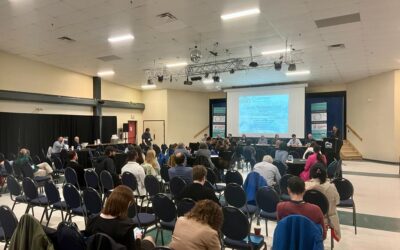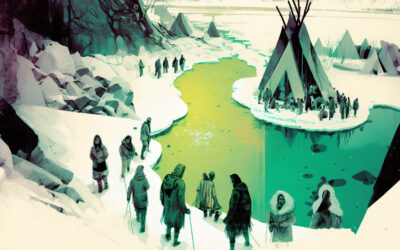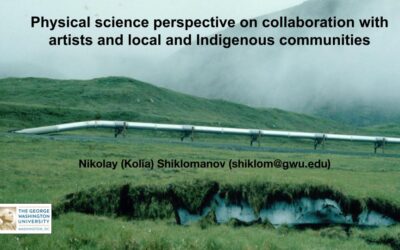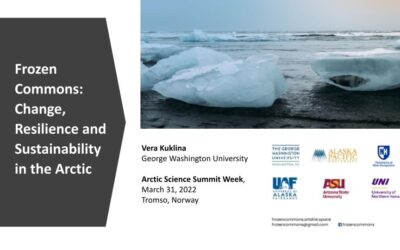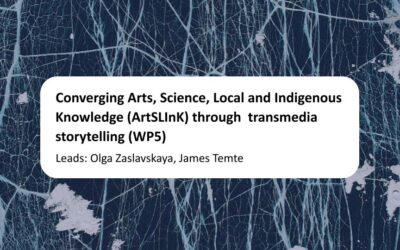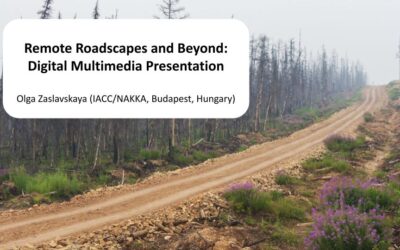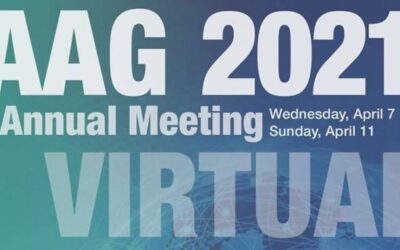From June 12th to 15th, 2023, the MUST team participated in the annual 2023 Arctic Development Expo, held in Inuvik, Northwest Territories, Canada.
Meetings
The page serves as a centralized hub for all meeting-related information. Here you can access details about forthcoming and past meetings, scientific conferences and art exhibitions as well as related documents, and any relevant resources to stay informed about ArtSLInK related activities.
Roundtable during the Arctic InfraScapes exhibition
• 20 February 2023
• Vienna, Austria
Japan Geoscience Union Meeting
• June 3, 2022
2022 MUST Expedition, Sweden
• Lulea, Kiruna and Yokkmokk, Sweden
• 25 May—14 June 2022
The Arctic Science Summit Week
• Tromso, Norway
• March 26—April 1, 2022
Vera Kuklina participated at the NNA International community meeting with presentation of the project Frozen Commons: Change, Resilience and Sustainability in the Arctic
• March 31, 2022
• Tromso, Norway.
Exhibition Martian Taiga featured photographs taken by Stanislav Podusenko during the 2022 expedition to the remote Siberian regions (Informal Roads: The Impact of Unofficial Transportation Routes on Remote Arctic Communities).
• 2022
The 24th annual Alaska Forum on the Environment (virtual)
• February 7- 10, 2022
The Frozen Commons hybrid project meeting
• Tempe, Arizona
• 18—20 February 2022
James Temte presented his works on community engagement through artistic practices, such as mural creation.
• 8-10 November 2021
Navigating the New Arctic Annual Community Meeting
• 8—10 November 2021
Informal Roads: Impact of Local Transport Routes on Remote Arctic Communities (seminar-discussion)
• Ust-Kut, Russia
• 9 August 2021
Domesticating Landscapes: Re-considering Settlers Perspectives on the Arctic Cities through ArtScience Collaboration (digital multimedia presentation), International Congress of Arctic Social Sciences (ICASS X)
• Arkhangelsk, Russia
• 15—20 June 2021
Finally, the multimedia presentation on Remote Roadscapes and Beyond was demonstrated and discussed.
Аrt and Geography Confluences: Perspectives on Collaboration and Future Imaginaries (panel discussion), Annual Meeting of American Association of Geographers (AAG)
• Seattle, USA
• 7-11 April 2021
Converging Science, Art, and Indigenous Knowledge Systems for Understanding Change and Sustainability in the Arctic (virtual workshop), Arctic Science Summit Week (ASSW)
• Lisbon, Portugal
• 19-26 March 2021

